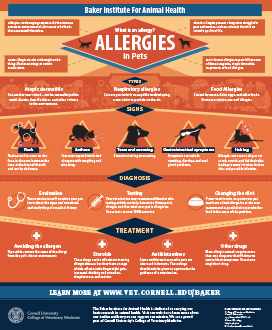Lots of dogs like daycare and enjoy to be with their hair brother or sisters all day. Nonetheless, for some dogs it can be stressful.
Try to find a facility with licensed trainers and behaviorists that are on the flooring in any way times, monitoring the team play. This is particularly essential for dogs who are responsive, show resource protecting or come to be antisocial or compulsive.
1. Congestion
For lots of pets, day care is a positive experience that offers physical and psychological workout to burn pent up power. Nonetheless, the increase of new dogs, smells and atmospheres can be frustrating for some canines.
Canines must be paired with other canines that are similar in size, age, socialization and play style to ensure safety and security and prevent overstimulation. Nonetheless, congestion prevails at pet dog day cares and can cause individuality clashes and harassing that cause injuries.
Ask what safety measures the facility requires to keep your puppy safe. As an example, is there an outside room for pet dogs to escape the groups? Does the facility have normal breaks for your puppy to calm their nerves? Ask what sort of emergency treatment and CPR training workers have and if they're familiar with administering medicine to your pet dog. Additionally, it's important to see to it your pet's food and medications remain in a classified bag that childcare personnel can swiftly gain access to.
2. Modifications in routine
The end of summer is coming and with it comes large changes as children return to college and individuals go back to their work schedules. This can be stressful for your dog. They'll miss out on all the walking and play you do with each other and might start to feel bored. Their habits might change also, such as too much barking or harmful habits.
Canines love routine, so an abrupt change in their day-to-day regimen can create them stress and anxiety. See to it to intend in advance and slowly change your feeding and stroll times in the weeks leading up to back-to-school. This will certainly assist your pet dog accommodate to their brand-new routine and minimize any kind of undesirable habits.
Childcare is a superb means for pet dogs to get plenty of physical and mental workout, particularly if they are young or energetic. They also obtain socialization experiences that will certainly develop self-confidence and etiquettes, which can help them handle the stress and anxiety they might experience from points like journeys to the veterinarian, brows through to your office or home and other stressful occasions.
3. Separation stress and anxiety
The drop off and pick up procedure can be a little bit difficult for dogs, especially when it's the first time. Numerous pet day cares provide a consistent everyday routine, and in time this aids family pets feel comfy and safe while they're away from their proprietors.
Structured playtime, structured rest periods and normal treat times all assist pets develop a feeling of familiarity and predictability. This, incorporated with positive reinforcement, aids relieve splitting up stress and anxiety signs and symptoms.
Socialization likewise maintains canines literally and emotionally occupied, which can make them much less responsive to stressors when they're home. This, together with favorable reinforcement, assists to decrease anxiety and boost self-worth.
4. Without supervision play
Pets that are not socialized consistently can become anti-social-- this is commonly viewed as canine aggression. This can occur also in a well-managed childcare setup, so be sure to enjoy the dogs meticulously. Try to find a proportion of 11 or much less canines to flooring individuals. Staff ought to be playing and connecting with the dogs, not sitting at their desks or looking at their phones.
The center should have a quiet area where the pet dogs can loosen up and reenergize boarding kennels dogs in between play sessions. This is especially essential for high-energy breeds that need to burn added power or low-energy older pet dogs.
Ask the team what they do to maintain the dogs soothe. They must use positive reinforcement (praise, petting, play) and never use physical punishment or aversives. They should likewise be learnt pet dog emergency treatment and mouth-to-mouth resuscitation. Last but not least, the center needs to have an effective procedure for feeding times to avoid food hostility.
